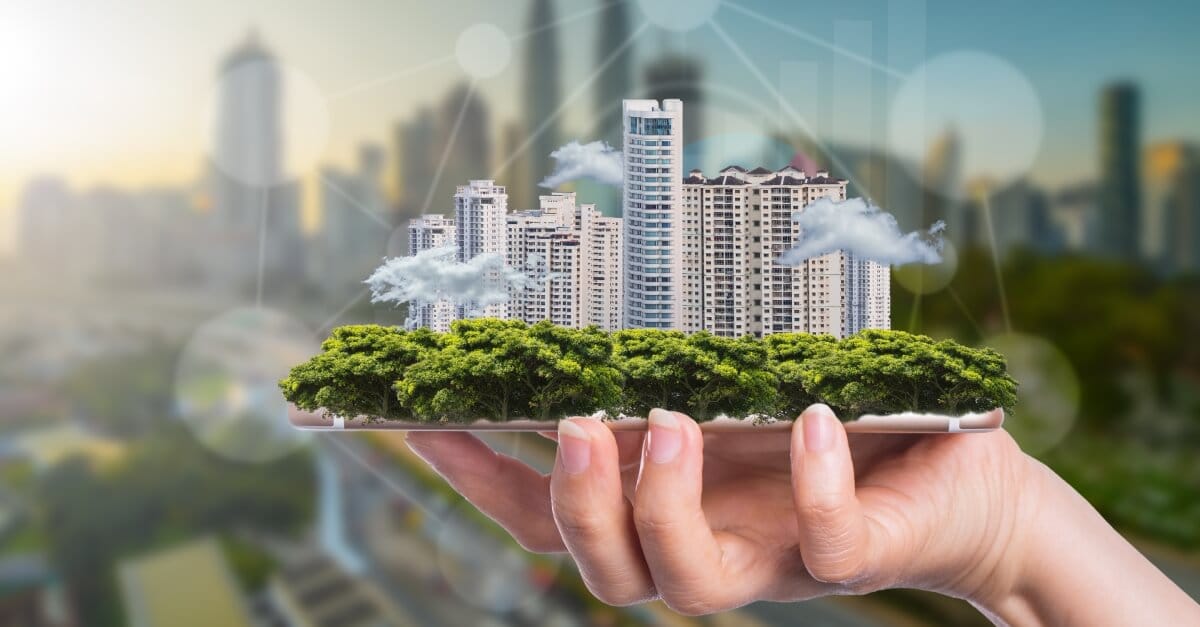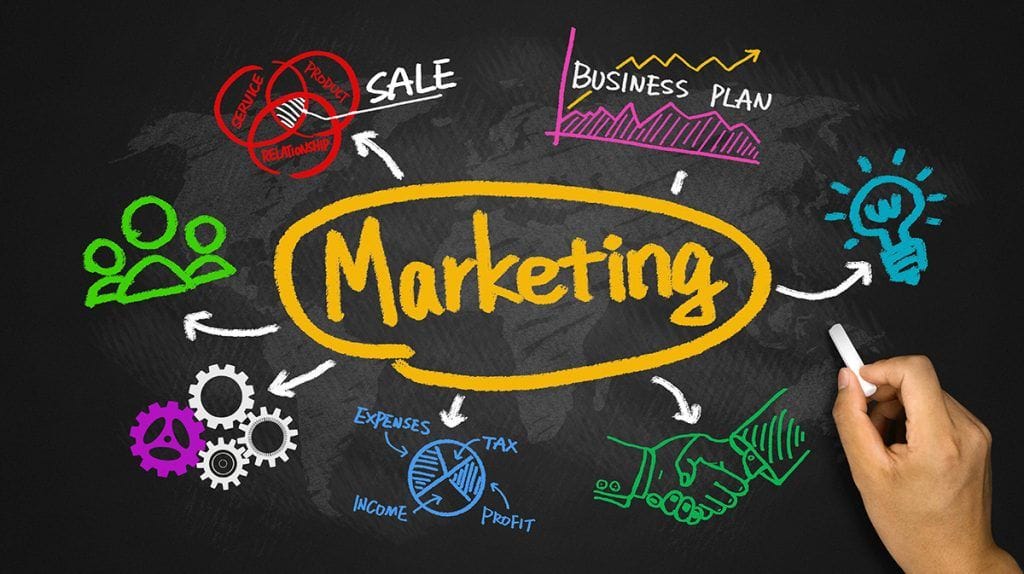Cities are evolving. In a world where more than 70% of the population will live in urban areas by 2050, a crucial question arises: how can we make our cities more efficient, sustainable, and livable? The answer lies in Smart Cities.
What exactly is a Smart City?
A Smart City is much more than a city with advanced technology. It is an urban ecosystem that uses innovation and data to improve the quality of life for its inhabitants. Imagine a city that can:
- Anticipate traffic jams before they happen
- Optimize energy consumption in real time
- Proactively reduce pollution
- Facilitate citizen participation in decision-making
The 7 key pillars of a Smart City
- Smart Environment Sustainability is the cornerstone of every Smart City. This includes:
- Efficient waste management
- Air quality monitoring
- Energy consumption optimization
- Preservation of green spaces
- Smart Mobility The transformation of urban transportation through:
- Interconnected public transport systems
- Intelligent traffic management
- Promotion of sustainable alternatives
- Infrastructure for electric vehicles
- Smart Governance Transparent and efficient administration through:
- Citizen participation platforms
- Digitalized public services
- Open data
- Data-driven decision-making
- Smart Economy Economic growth through:
- Encouraging innovation
- Supporting entrepreneurs
- New business models
- Collaborative economy
- Smart People Human capital development through:
- Digital education
- Social inclusion
- Active participation
- Ongoing training
- Smart Living Improving quality of life through:
- Connected health services
- Smart security
- Access to culture and leisure
- Efficient management of basic services
- Smart Tourism The evolution of tourism through:
- Personalized experiences
- Real-time information
- Management of tourist flows
- Preservation of heritage
The real impact on our lives
Smart Cities are not a futuristic concept, but an evolving reality. Tangible benefits include:
- Reduced travel times
- Less pollution
- Energy savings
- Better resource management
- Increased citizen participation
- More efficient public services
The future of Smart Cities
The evolution of Smart Cities will continue with:
- Implementation of 5G and 6G
- More widespread Internet of Things (IoT)
- Artificial Intelligence for need prediction
- Blockchain for secure services
- Augmented reality for citizen services
Smart Cities represent the inevitable future of our urban areas. It’s not just about technology, but about creating more livable, sustainable, and people-centered spaces. The success of these initiatives will depend on collaboration between governments, businesses, and citizens.
naifman, is your city ready to become a Smart City?
At naifman, Smart Cities are at the forefront, and our team of experts is up to date. With our Commercial Outsourcing service, we provide you with a specialized team to maximize growth opportunities and take your business to the next level. If you want to boost your vision with expert support, contact us at support@naifman.com, fill out our contact form, or schedule a meeting.
The future of cities starts here!












